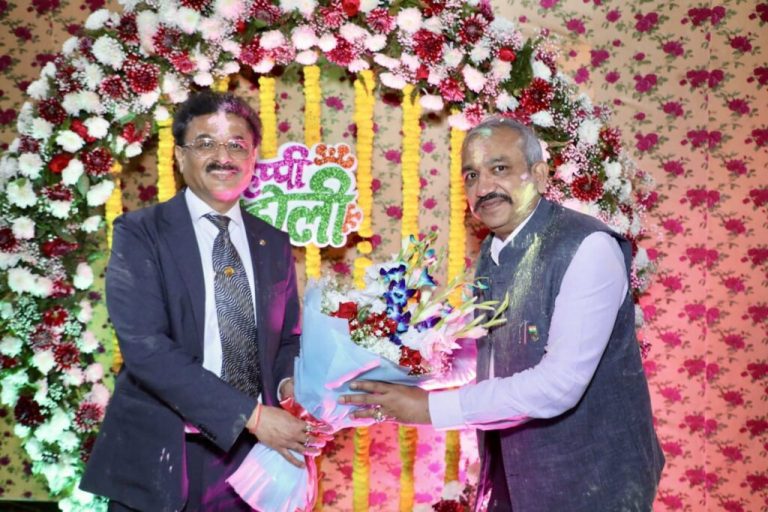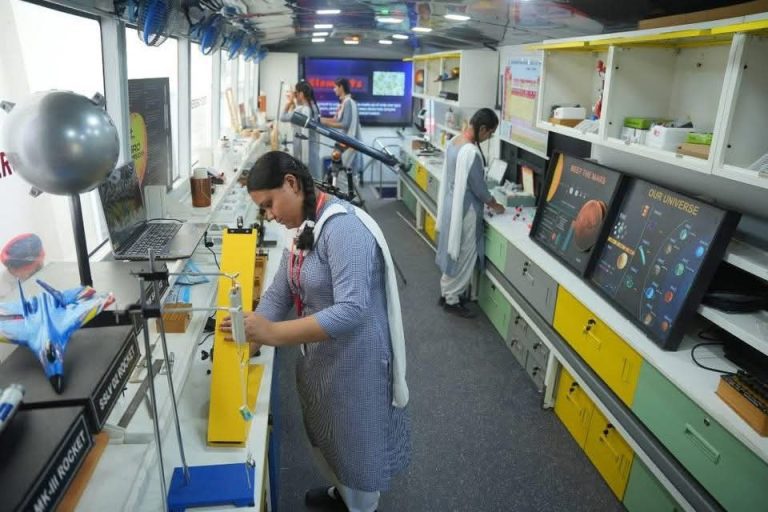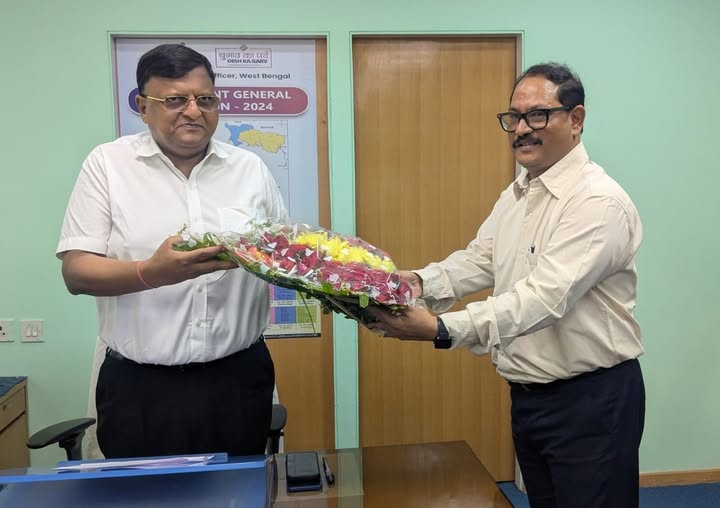Although it is a routine affair for successive governments to introduce welfare schemes for the marginalized sections, it is a fact that due to poor monitoring and lack of inspection, these schemes do not often reach the people they are meant for, defeating the very purpose behind them, not to mention funds going down the drain.
District wise review of Welfare Schemes through VIdeo Conferencing and discussing certain issues with the visiting Joint Secretary,SC Welfare—Ministry of Social Justice and Empowerment,GOI—Kalyani Chadha Ji, in Lucknow. #drhariomias #SocialWelfareDepartment #KALYAN #UPGovt pic.twitter.com/2tXGlsv4qX
— Dr Hari Om (@dr_hariom_ias) September 29, 2022
Knowing this too well, Dr. Hari Om, a 1997-batch IAS officer who presently holds the ranks of Principal Secretary, Social Welfare, Director, ST Development, with additional charge of ACS, Minority Affairs, has taken up various steps to ensure that the welfare schemes actually reach the people they are meant for.
In an exclusive conversation with Indian Masterminds, he talked about the steps initiated by him to strengthen and streamline the process of welfare schemes, to ensure that these reach the target beneficiaries.
FOR SENIOR CITIZENS
When Dr. Om took charge, around 56 lakh senior citizens in the state were getting Rs. 1000 as per the pension scheme. To make sure that all the eligible elders are covered, he started verification as per government guidelines. Their pension cards were linked to their Aadhar cards, and this helped identify three lakh people who do not fulfill the criteria. Their cards were canceled and new eligible people were added to the list.
Other than this, he also made sure that every district had at least one old age home. “Now we have old age homes with 100 people capacity in every district. We have made sure that all the facilities are in place and the residents are well taken care of. I have also put up a team for the regular monitoring and inspection.”
FOR CHILDREN
कल कुछ घंटे बुज़ुर्गों के बीच उनकी कुशल-क्षेम पूछते हुए लखनऊ के वृद्धाश्रम में बिताए।यहाँ प्रदेश के कई ज़िलों से ताल्लुक़ रखने वाले लगभग सौ बुज़ुर्ग—दादा-दादी—लम्बे समय से रह रहे हैं।समाज कल्याण विभाग द्वारा पूरे प्रदेश में ऐसे ७५ आश्रम संचालित है। #socialwelfare #drhariomias pic.twitter.com/Gg2asl4t4t
— Dr Hari Om (@dr_hariom_ias) October 8, 2022
UP has around 94 ashram styled schools named Jai Prakash Narayan Sarvodaya Vidyalayas. Every school accommodates 490 students and a total 4600 students are enrolled all over the state. Out of the 94 schools, 29 are exclusively for girls. These are residential schools for students of 6-12 with all facilities, like food and books among others provided free of cost.
However many schools were in bad conditions and facilities, too, were lacking. So, Dr. Om started an initiative called the ‘Aashram Sanvad’. Under this, a standardized module for feedback and inspection was created. “Officials from our department have been assigned to schools, and they visit those at least once a month. Upon returning, they file feedback and we take action accordingly. I also visit these schools. In this way, we have made inspection a regular affair, and just this step has brought visible changes in the schools.” Besides the regular inspection, the recruitment of qualified and eligible teachers for these schools has been also taken up as a priority.
The officer has also initiated and helped organise 16000 group weddings in the state, and 1300 of these weddings were for minority communities. All the couples were given gifts worth Rs 51,000.





































